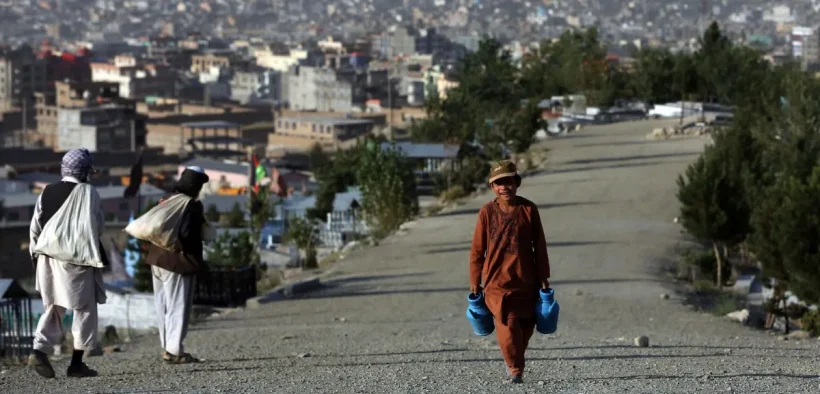A recent report by Mercy Corps, highlighted by Al Jazeera, warns that Kabul’s groundwater reserves have dropped an alarming 25–30 m over the past decade, with extraction exceeding natural recharge by about 44 million m³ per year. At this depletion rate, the city’s aquifers could be emptied by 2030, putting approximately 3 million residents at risk of displacement.
Advertisements

Almost half of the city’s borewells have already dried up, while remaining ones operate at greatly reduced capacity. Compounding the issue, up to 80% of groundwater is unsafe, contaminated with sewage, arsenic, salinity, and industrial chemicals, posing severe public health risks. Many households now spend up to 30% of their income acquiring water, often going into debt; some rely on costly private water vendors.
The crisis stems from intertwined factors: rapid population growth—from less than 1 million in 2001 to around 6–7 million today—climate-induced drought, over-extraction, and decades of political instability that have hindered effective water management.
Infrastructure projects like the Panjshir River pipeline could ease pressure, but remain stalled by funding shortfalls and frozen international aid—just $8.4 million received against $264 million needed, while $3 billion remains frozen due to sanctions.
Experts stress that without urgent intervention—including investment in artificial groundwater recharge, new pipelines, desedimentation, and infrastructure modernization—the city faces an unprecedented humanitarian disaster. The warning rings clear: “The end is near,” says water expert Assem Mayar.
In summary, Kabul stands on the brink of becoming the first major city to literally run out of water. The convergence of environmental decline, governance failure, and unchecked demand underscores an urgent global plea: act now to prevent catastrophe.


